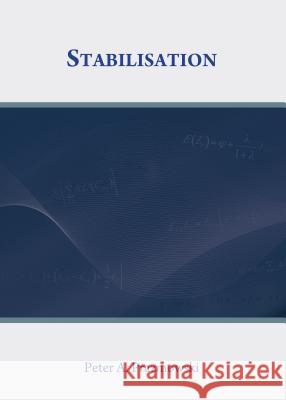Stabilisation » książka
Stabilisation
ISBN-13: 9781443848213 / Angielski / Twarda / 2013 / 155 str.
Economic crises arising from exchange rate volatility and high inflation have affected countries around world, particularly those with developing economies. The usual response of countries during times of crisis has been to design and implement stabilisation packages aimed at controlling the exchange rate, stabilising inflation, and restoring economic fundamentals. The stabilisation attempts pursued in Latin America, Africa and Eastern Europe since the 1970s have motivated an interesting literature debating which strategy to adopt in order to achieve stabilisation and evaluate the merits of institutions such as the International Monetary Fund (IMF), the World Bank (WB) and the International Development Bank (IDB) in assisting countries during these efforts. Provided that times of crisis and volatility will affect the traditional benchmarks used by economists, adjusting the basic economic framework to account for such structural changes is of paramount importance. This book makes an important contribution to this debate by providing a comprehensive review of the literature on stabilisation, and by extending analytical models to account for the shortcoming of crises, in an effort to test their relevance across developing countries. The essays in this volume will be of interest to policy makers, professional economists and students for their measurable implications and as a guide for further research in the literature.











